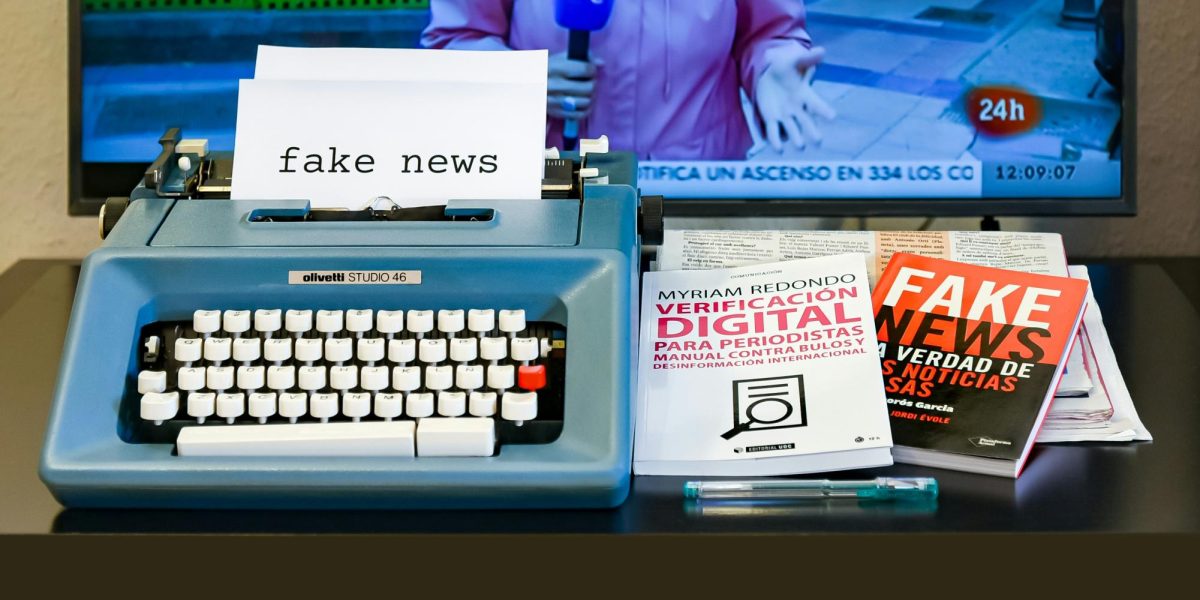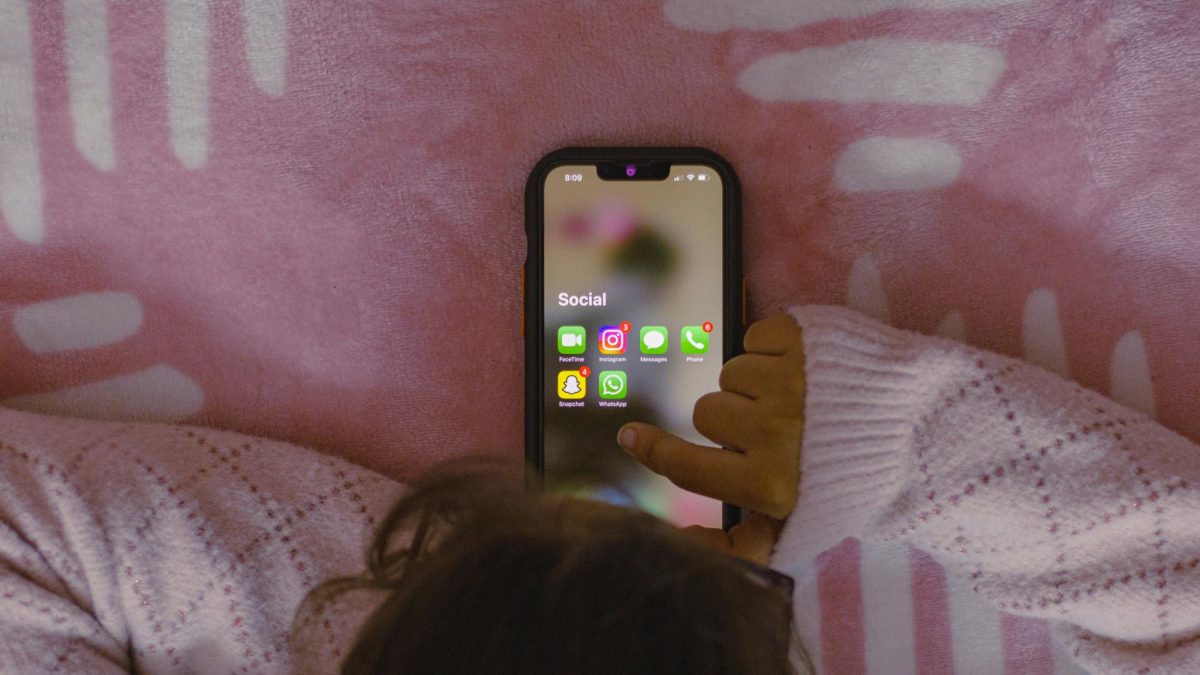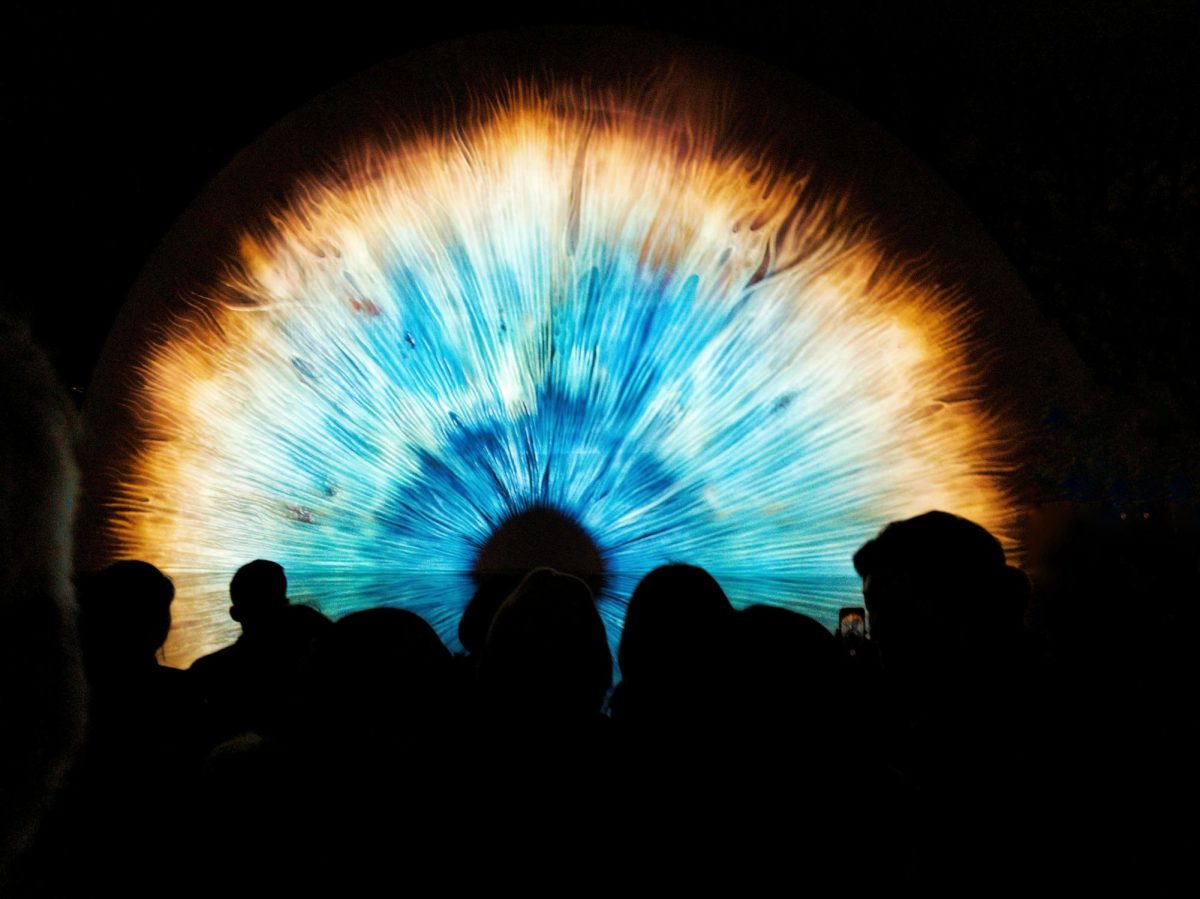We have all been told not to trust everything we see online. Teachers drill into students to evaluate websites’ reliability before using them as sources, and yet, when we see an alarming headline online, many are quick to accept it before even reading the article. Researchers at the University of British Columbia conducted a study on misinformation susceptibility across different groups of people and their accuracy at assessing their own susceptibility. They found that Gen Z, women, conservatives and people with less education were more susceptible to misinformation.
The researchers had 66,242 people from 24 different nations take a Misinformation Susceptibility Test, or MIST, which psychologists carefully validated. This test has participants judge the truthfulness of a variety of headlines. Comparing participants’ accuracy, in addition to their confidence in their own accuracy, exhibited the gaps between actual ability and self-assessment. The study was meant to answer the questions of how likely different groups of people are to believe false news, and how well people think they can discern what is real.
The study substantiated that conservatives, women and people with less education were more likely to fall prey to misinformation. Those of more extremely conservative views not only scored significantly lower than more moderate conservatives, but they also tended to misjudge their own accuracy more. Additionally, women were marginally more likely than men to believe fake news, but were more skilled at gauging their capabilities. People with college degrees outperformed those without them. However, more educated people tended to overestimate their abilities.
Although many people believe that young people, being more exposed to technology, have greater digital literacy, the performance of Gen Z (born between 1997 and 2012) displayed otherwise. They scored lower than any other generation, but nonetheless were the most precise generation in predicting their performance. According to Dr. Friedrich Götz, the assistant professor of psychology at the University of BC and the study’s senior author, the common idea that digital natives are more well-equipped to deal with misinformation “has been debunked in the academic world for quite a few years.” This study corroborated that statement even further.
Gen Z’s proneness to misinformation is particularly concerning because social media is the main source of their news. About three-fifths of people aged 13 to 26 say they get news from social media on a weekly basis — at the least. Social media makes news more accessible, but also lacks quality control. Moreover, young people have grown distrustful of mainstream news sources and more drawn towards narrow online communities that only reinforce their opinions. Combine that with algorithms feeding social media users a stream of content tailored to their personal liking, and the result is entirely one-sided stories presented as fact.
This does not mean that Gen Z trusts everything they see without question. However, a common method of “fact-checking” they utilize is the comments section. As algorithms ensure that people seeing the same posts are likely to have the same opinions, even posts about far-fetched conspiracy theories may receive wholehearted support from commenters.
Although Gen Z and other groups of people may be susceptible to misinformation, Dr. Götz’s and his team’s work may help establish more effective policies and programs to reduce vulnerability. That is, if governments prioritize it. “My sense is that not all democracies right now are really trying to address this problem. Worse yet, in the polarized world we live in, some actors, including politicians, may deliberately weaponize it,” Dr. Götz said. “But if a government acts in good faith and wants to solve this problem in society, then I think they could use this study to raise awareness and move to more intervention-based research.”
Regardless of age, political beliefs, gender or level of education, no one is immune to falling for fake news. According to Götz, “People should realize that all of us are exposed to misinformation on a regular basis, and all of us are likely to fall for it at some point.” Therefore, it is essential to fact-check every headline before taking it as the truth.









